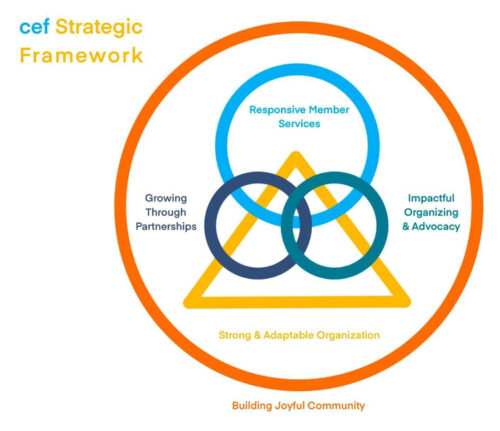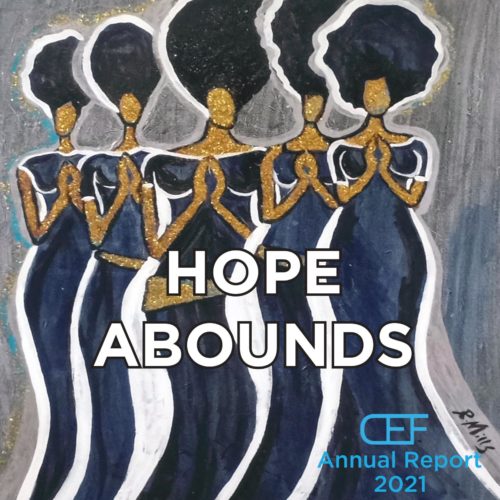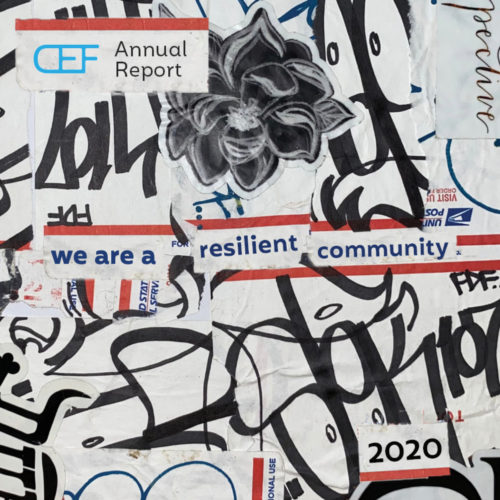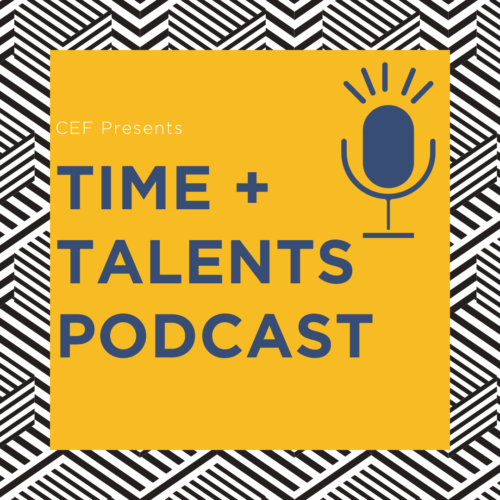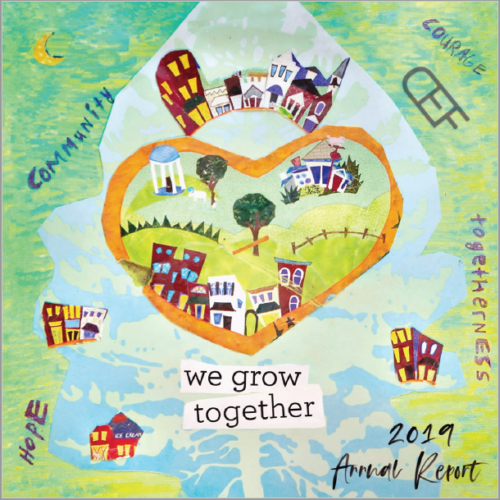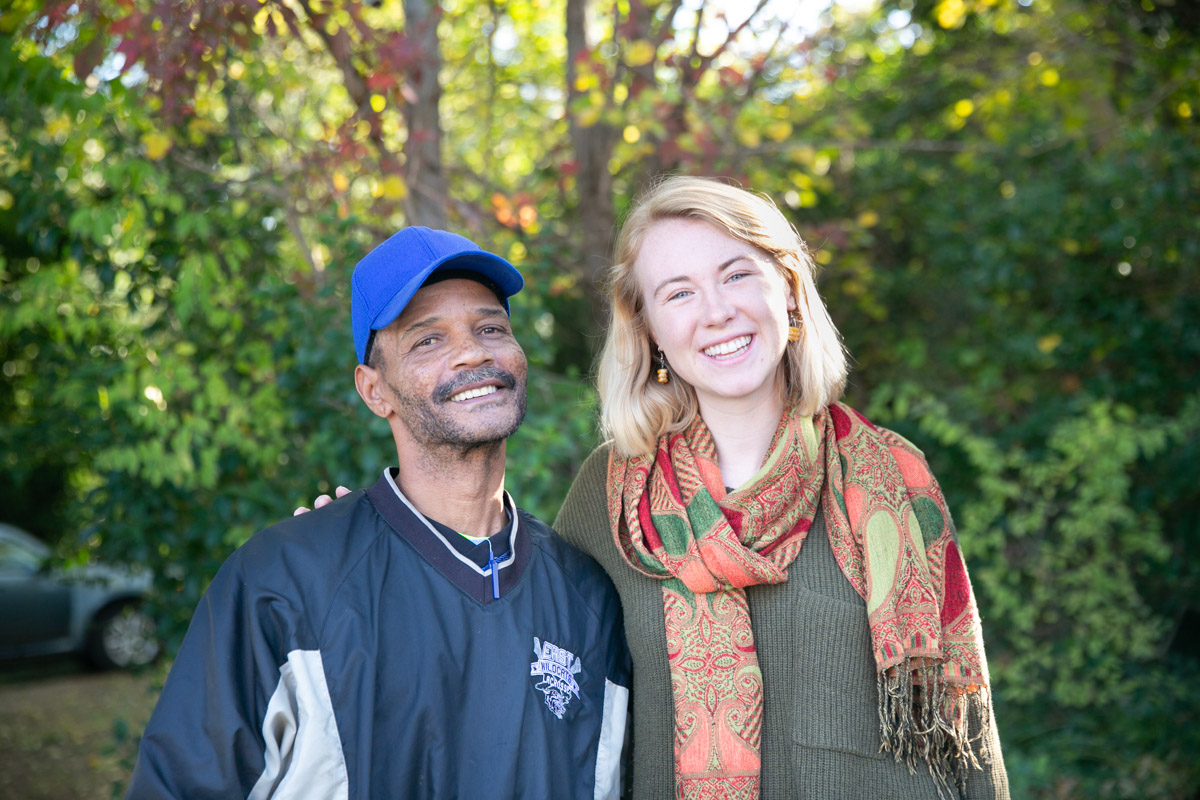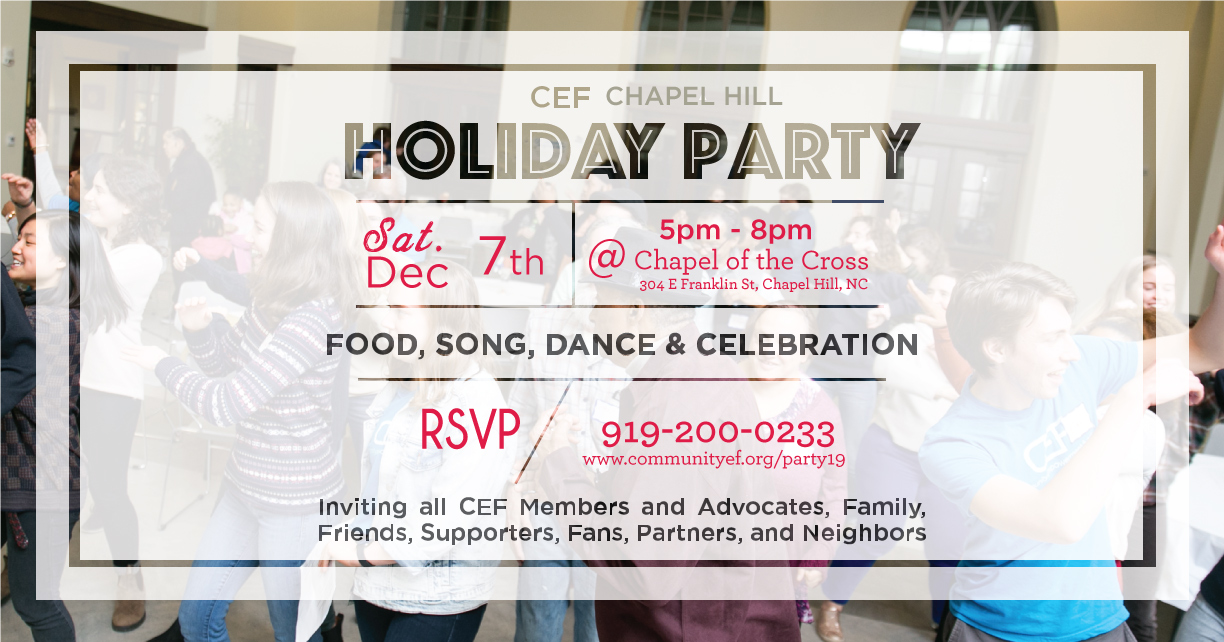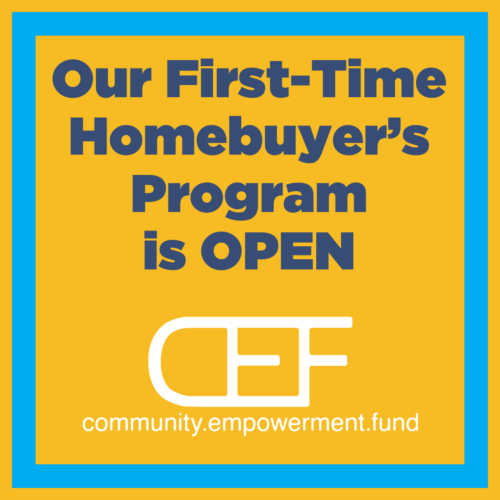
In line with our mission to end the #racialwealthgap, we created our First-Time Homebuyers Program (FHP) to support CEF Members in Orange and Durham counties as they build wealth and stability through home-ownership.
We believe our Members making under 50% AMI should have a fair shot at building generational wealth. We also want to set our Members up for success. Because of external income and stability requirements by mortgage lenders and affordable homeownership organizations, within a process that has been shaped and gatekept by racialized capitalism, not every CEF Member who applies to our program will be accepted.
This has been a hard decision for CEF to make. We urgently implore local, state, and federal bodies to make radical strides toward removing any and all barriers to deeply affordable home-ownership for very low and fixed-income community members.
Until then, CEF aims to empower eligible Members with knowledge and tools they need to buy their first home.
Our Program Offerings Include
- Financial coaching modules around homeownership
- Connection to @HUDgov certified homebuyer education classes with local community partners: @empowementincnc , Reinvestment Partners and @communityhometrust
- Support around hitting homebuyer savings goals
- Financial assistance with downpayment and closing costs
Thanks to @chapelhillgov and Metlife Insurance, Upon completion of our FHP, CEF Members are eligible for 2:1 savings match in Chapel Hill, and a 3:1 savings match in Durham County, up to $2,000. So, Members buying a home in the Town of Chapel Hill can have up to $6,000 to put toward down-payment and closing costs, and Members buying in Durham can have up to $8,000.
We are grateful to our funders for working to alleviate one of the biggest barriers to homeownership: the upfront costs associated with buying a home.


